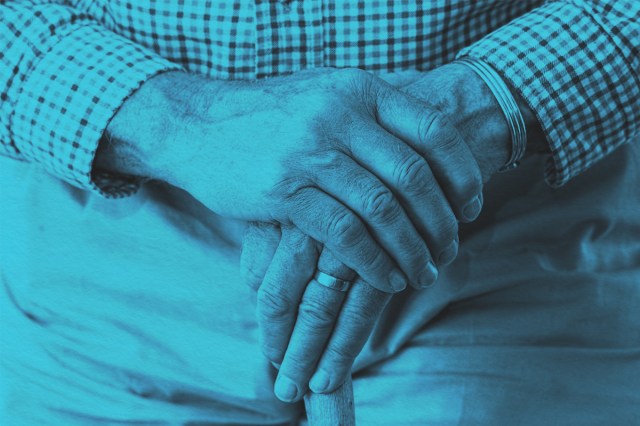
Grandparents hold a unique place in our families and are fondly referred to with a wide variety of special nicknames. Few other family titles have so many variations in English — “Granny,” “Gramps,” “Mimi,” “PopPop,” “MawMaw,” and “PawPaw” are just a few of the terms families might use to distinguish between sets of grandparents. (With today’s blended families and chosen families, folks might be lucky enough to have many people in the role of a grandparent.) The choices of names for these cherished people often reflect a family’s ancestral ties. The most popular nicknames for grandparents in the U.S. are “Nana” and “Papa,” but if your family isn’t using a standard American English title, you’re likely using a name from a different language.
With Spanish as the second-most-spoken language in the U.S., the Spanish translations of “grandmother” and “grandfather” also are popular: abuela and abuelo and abuelita and abuelito (equivalent to “grandma” and “grandpa”).
The French terms grand-mère and grand-père require no translation, but other languages aren’t so obvious. Some cultures have different words for maternal and paternal grandparents. In Swedish, the maternal grandma and grandpa are called mormor and morfar, respectively, while the paternal grandparents are called farmor and farfar. Hindi follows a similar structure: Nani is the maternal grandma and nana is the maternal grandpa, while dadi and dada are the paternal grandparents. It might sound a bit strange to native English speakers, but dadi means “grandma.”
This term might sound more familiar to English speakers: “Babushka” is an English word for a headscarf, but it was borrowed for its association with older women, because it’s the Russian word for “grandmother.” The similar-sounding dedushka means “grandfather,” and the informal versions of these Russian names are baba and dedu. Another word pair frequently used in American English is yia yia and pappoús, Greek for “grandma” and “grandpa.” In Japanese, the words for “grandmother” and “grandfather” are sobo and sofu, but within families, the informal terms of obaachan (“grandmother”) and ojiichan (“grandfather”) are more commonly used. In Filipino, lola and lolo are “grandmother” and “grandfather,” and in Swahili, Africa’s most widely spoken language, the titles are bibi and babu (these terms are also used as a generic, but respectful form of address to an elderly woman or man).
The affection attached to all of these terms from around the world is universal. If you’re pondering what to call yourself when a new grandchild enters the family, “Grandpa” and “Grandma” are always classic, but you might want to look abroad for some inspiration.















